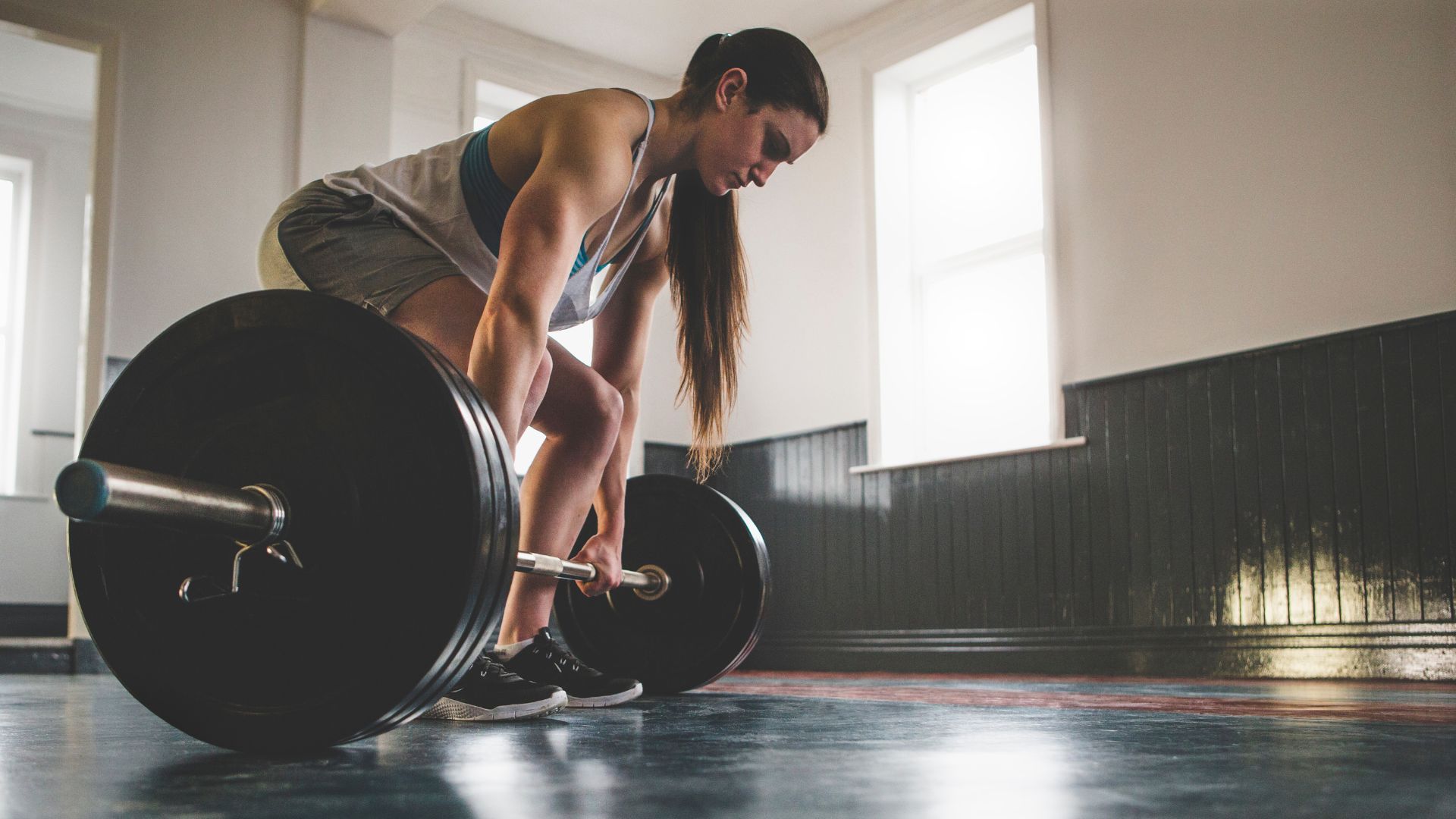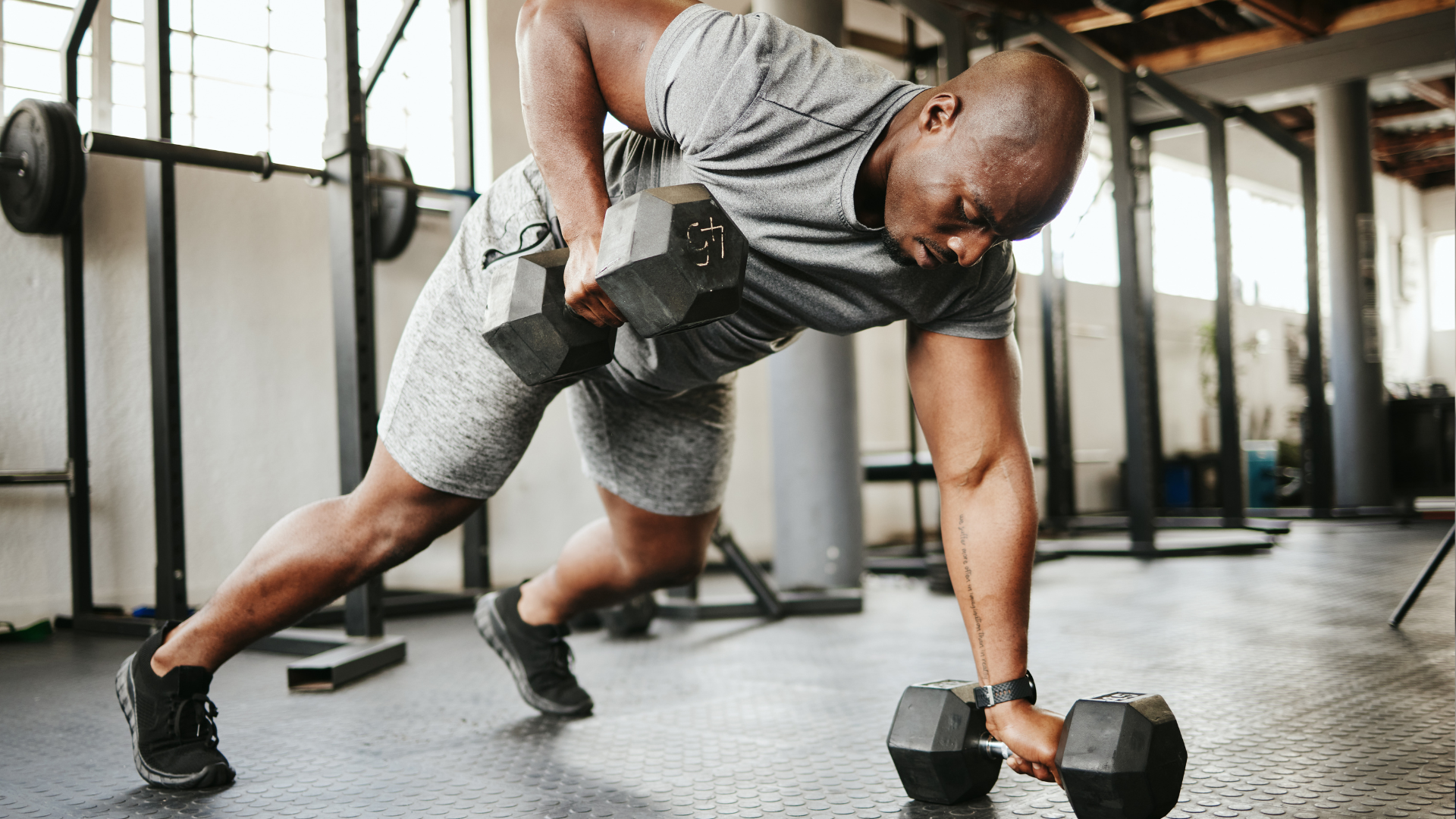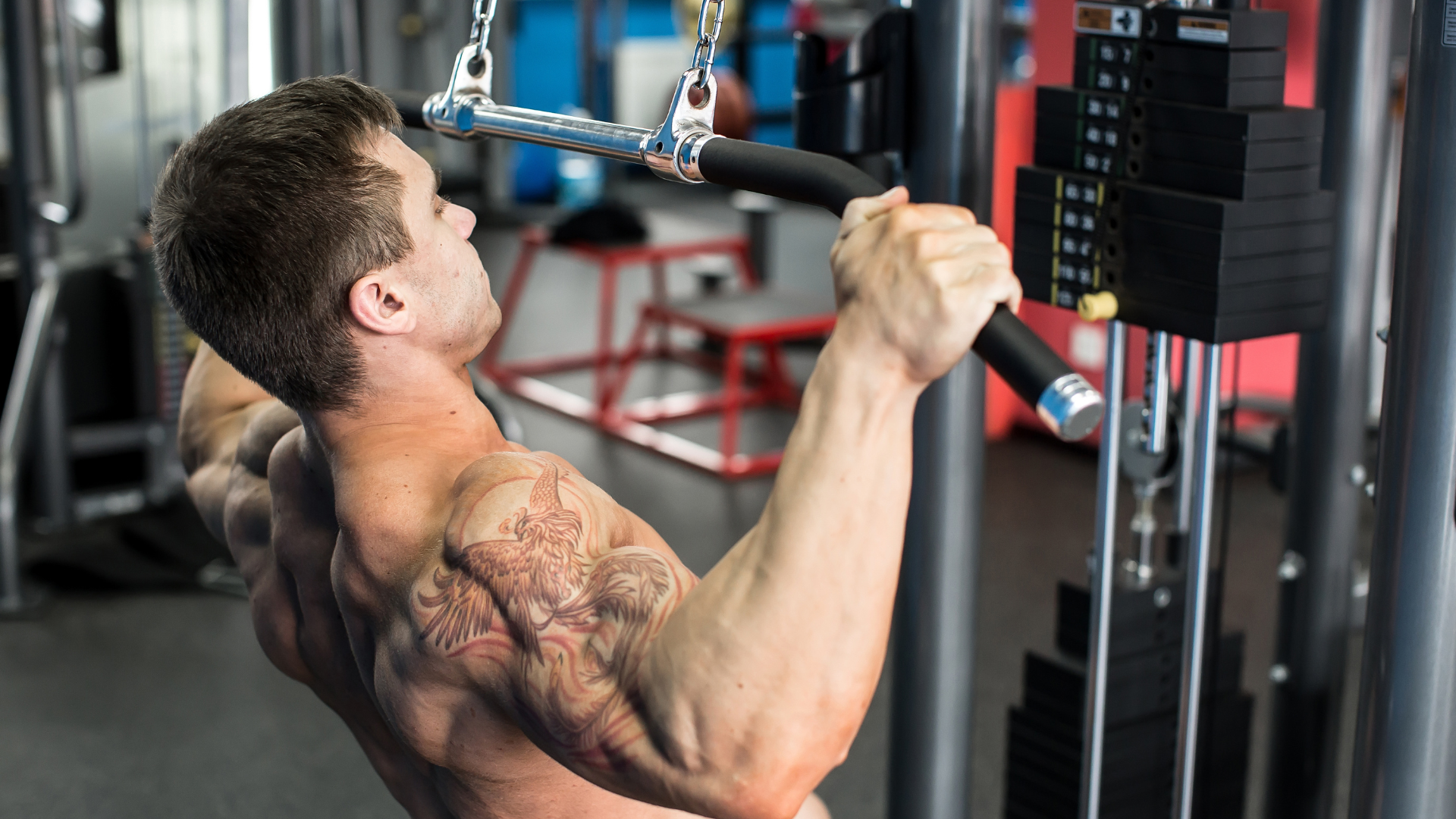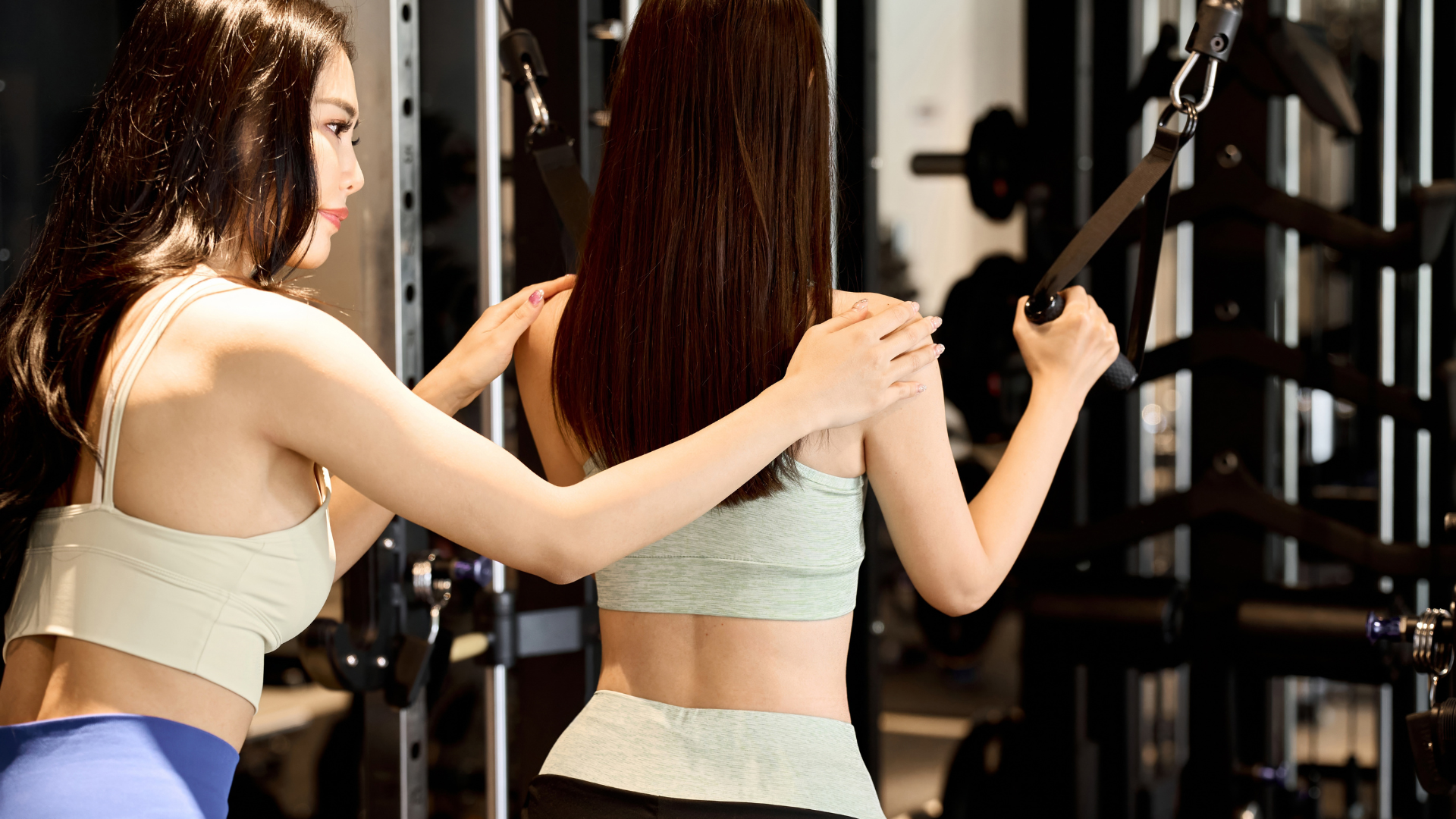5 exercises that are better than pull-ups for a bigger, stronger back
Can't master the pull-up? Don't sweat it, there are other ways to build a stronger back


The pull-up is the epitome of true bodyweight strength. With no equipment required, it’s one of the best exercises in your arsenal to build strength and muscle in your upper back, biceps, and shoulders, not to mention you feel pretty badass whilst doing them.
That’s if you can do them. Despite its many benefits, learning how to do a pull-up isn’t easy. In fact, it’s probably the hardest bodyweight exercise out there, even more so than push-ups. While you may think people look cool doing them, it’s definitely not the be-all and end-all if you can’t. There’s also a ton of other exercises out there that target the exact same muscles to deliver the same results. These are our favourites…
1. Barbell row

This compound movement performed with a barbell is probably one of the most popular strength exercises for hitting your major back muscles, biceps, shoulders, spinal erectors and forearms. Although the movement is pretty easy to execute, mastering the form can be a little trickier. If you've never done them before, make sure you start with the barbell first and slowly add weight so that your form remains on point. If, however, you struggle with lower back pain, the seal row may be a better option for you.
2. Deadlifts

If deadlifts aren't in your workout, then they really should be. This exercise is a one-move wonder, as it hits all your posterior chain muscles, including your lats, delts, glutes, hamstrings, quads and core. Basically, you can rest assured it hits the same muscles (and more) that pull-ups do. If you're new to strength training and deadlifting with a barbell feels a bit daunting, then try giving trap bar deadlifts a go instead.
3. Renegade row

As well as mainly hitting your upper back and shoulders, the renegade row really challenges your entire body, especially your core strength as it combines a plank and dumbbell row into one. If you don't have a pair of dumbbells, you could always use two small kettlebells, or even two heavy water bottles. This is a humbling exercise, so trust us when we say you won't want to go too heavy with the weights.
4. Lat pulldowns

A favourite amongst bodybuilders and powerlifters, the lat pull down is another popular pulling exercise for building back size and strength. It targets the same muscles as the pull up, including the largest muscle in the back (the latissimus dorsi), rear delts and biceps. The most common way to perform this exercise is on the lat pull down machine but, if your gym doesn't have one or you're working out from home, you could also use a resistance band.
5. One arm cable row

Jeff Cavaliere, Strength and Conditioning Coach and Founder of Athlean-X, actually calls the one arm cable row one of his favourite back exercises. It's a unilateral exercise, meaning it works one side of your body at a time, so it's great for isolating your lats and ironing out any strength or muscular imbalances. The exercise itself doesn't require a certain level of skill or strength, making it a great choice for beginners. Again, you could also do this exercise with either a set of tube resistance bands or a long pull-up one.
Get all the latest news, reviews, deals and buying guides on gorgeous tech, home and active products from the T3 experts

Bryony’s T3’s official ‘gym-bunny’ and Active Staff Writer, covering all things fitness. She is a certified personal trainer and also a part-time fitness instructor. In her spare time, you will find her in her natural habitat - the gym - where her style of training is a hybrid of bodybuilding and powerlifting. Bryony loves writing about accessible workouts, nutrition and testing innovative fitness products that help you reach your fitness goals and take your training to the next level.